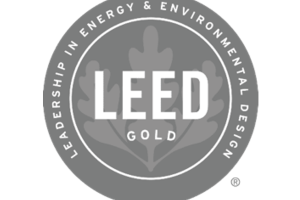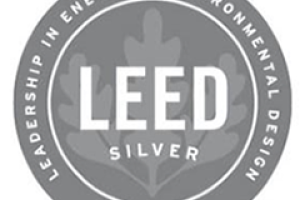Affirming its ongoing commitment to sustainability, CooperVision has earned Zero Waste Facility Program Certification for six of its global contact lens manufacturing and distribution sites, including those in Scottsville and West Henrietta, N.Y., and Juana Diaz, Puerto Rico.*1 The certification, which demonstrates the degree to which operations prevent or divert waste from landfills, was also attained by the company’s facilities in Alajuela, Costa Rica, and Delta Park and Mountpark in the U.K.*1
Each site was evaluated and certified individually by SCS Global Services (SCS), an international leader in third-party environmental and sustainability certifications, under its latest Zero Waste standard. CooperVision facilities, which have varying diversion percentages, achieved certification through a combination of recycling, composting, waste to energy, resale, and reuse.*1
“CooperVision distributes billions of contact lenses worldwide each year,†2 and doing so sustainably is incredibly important to us,” said Michele Andrews, OD, Vice President, Marketing and Professional Affairs. “Our teams continuously raise the bar, looking for ways to be more inventive in our sustainability journey across the entire business. The Zero Waste Facility Certification is the latest acknowledgement of that commitment.”*‡1
The Zero Waste Facility Certification reflects the latest milestone in CooperVision’s environmental initiatives focused on conserving energy; reducing, reusing, and recycling resources; and empowering people within the company and the communities in which it operates.*‡1 CooperVision’s facilities in Scottsville, West Henrietta, Puerto Rico, and Costa Rica also hold prestigious LEED® certifications, and Mountpark a BREEAM® “Excellent” rating.§3 The company’s Rochester, N.Y.-area sites are also powered by 100 percent renewable electricty.4
CooperVision pioneered the world’s first net plastic neutral contact lenses through a partnership with Plastic Bank®; the company purchases credits to fund the collection, processing, and reuse of general ocean-bound plastic waste that is equal to the weight of the plastic contained in the product. à ¶**††2,5 The initiative has had an environmental impact equivalent to more than 466 million plastic bottles recovered since its inception in 2021.‡‡6 CooperVision now offers a complete portfolio of net plastic neutral contact lenses in designated countries.¶§§5
The company is continuously working to minimize environmental impact and support People + Planet around the globe as part of broader efforts across CooperCompanies to contribute to the United Nations’ Sustainable Development Goals. àà2,3 For more information, visit coopervision.com/sustainability








